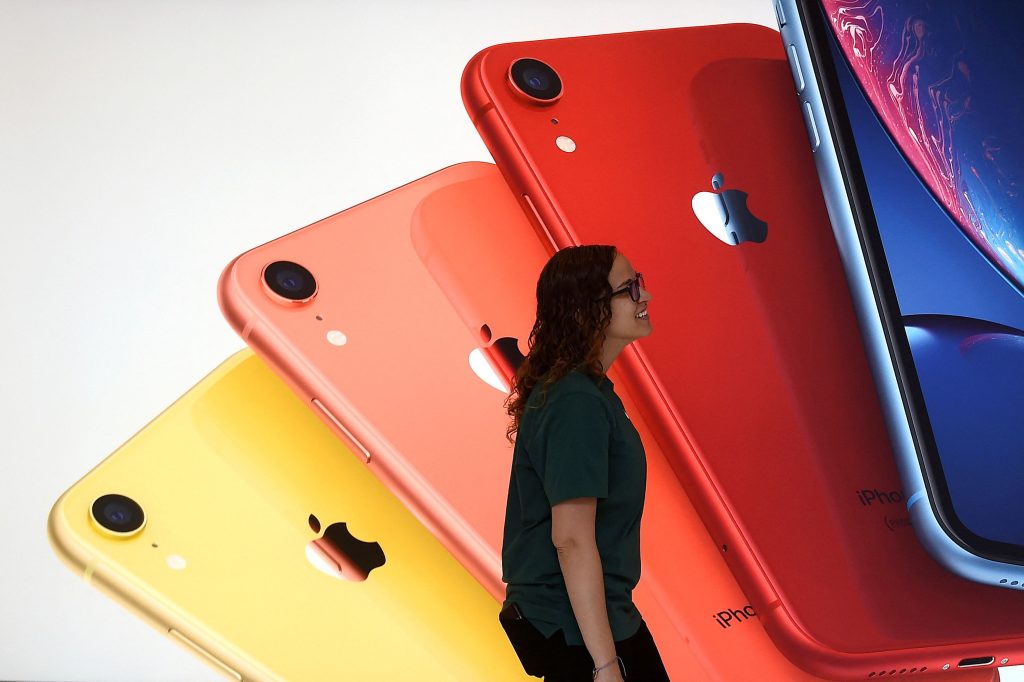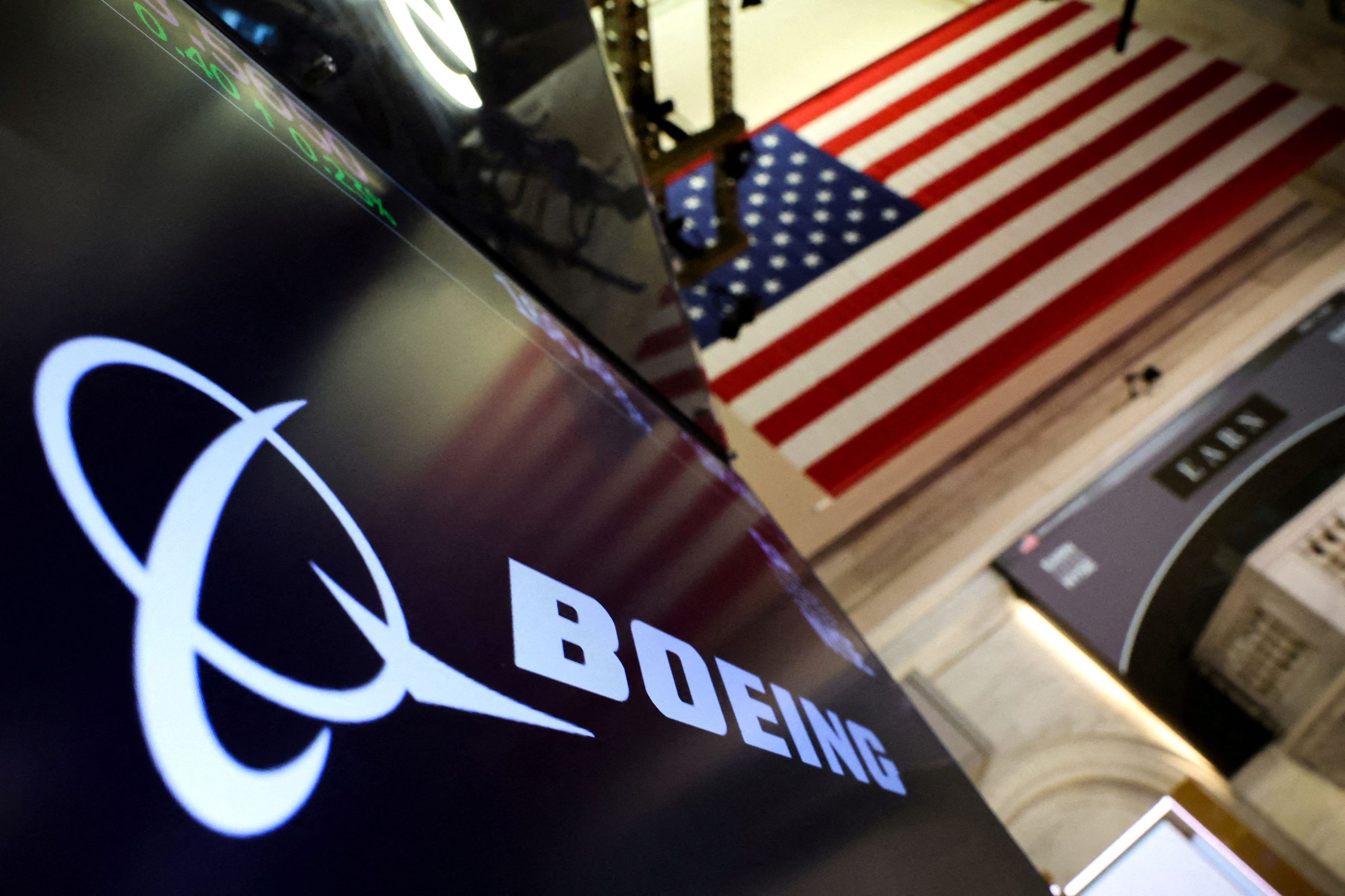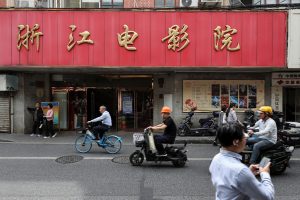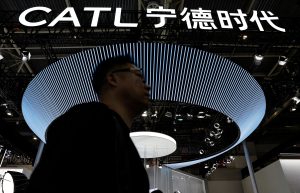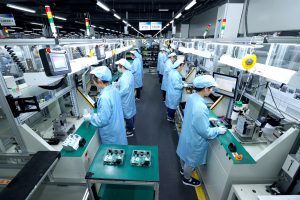The U.S.-China trade war has escalated once again. According to Bloomberg, Beijing has instructed Chinese airlines to suspend deliveries of aircraft from Boeing and halt purchases of American-made aircraft parts, in response to a new round of tariffs.
President Donald Trump recently imposed tariffs of 145% on Chinese imports. China retaliated with its own 125% tariffs on U.S. goods. These additional U.S. duties more than double the cost of aircraft and components made in the U.S. and shipped to China, significantly burdening Chinese airlines. Bloomberg also reports that the Chinese government is considering support for carriers leasing Boeing jets, which will now face much steeper expenses.
The Chinese Foreign Ministry and Boeing declined to comment when contacted by AFP.
This trade deadlock pits the world’s two largest economies against each other. Trump is pressuring Beijing to negotiate, but analysts warn the U.S. should not underestimate China’s resilience. Centralized political control, diversified export markets, and a strategic grip on critical raw materials—such as rare earths—give Beijing substantial leverage. The challenge for China is using that leverage without sustaining greater economic damage.
According to the Financial Times, China ran a nearly $300 billion trade surplus with the U.S. last year, with 15% of its exports going to the American market. While Trump’s tariffs could hit Beijing hard, economists argue that China can replace U.S. imports more easily than the reverse. American exports to China—primarily low-margin agricultural products like soybeans, beef, and cotton—contrast sharply with the high-value electronics and machinery China exports to the U.S.
China also holds a powerful financial tool: its vast U.S. debt holdings. Though dumping U.S. Treasury bonds could destabilize global markets and hurt China itself, Zerlina Zeng of CreditSights notes that Beijing may gradually diversify its reserves away from the dollar.
Another pressure point is China’s dominance over critical minerals used in technologies like EV batteries. China controls over two-thirds of global rare earth production and more than 90% of processing. While Trump initially exempted strategic metals from tariffs, that may not be enough if China escalates.
